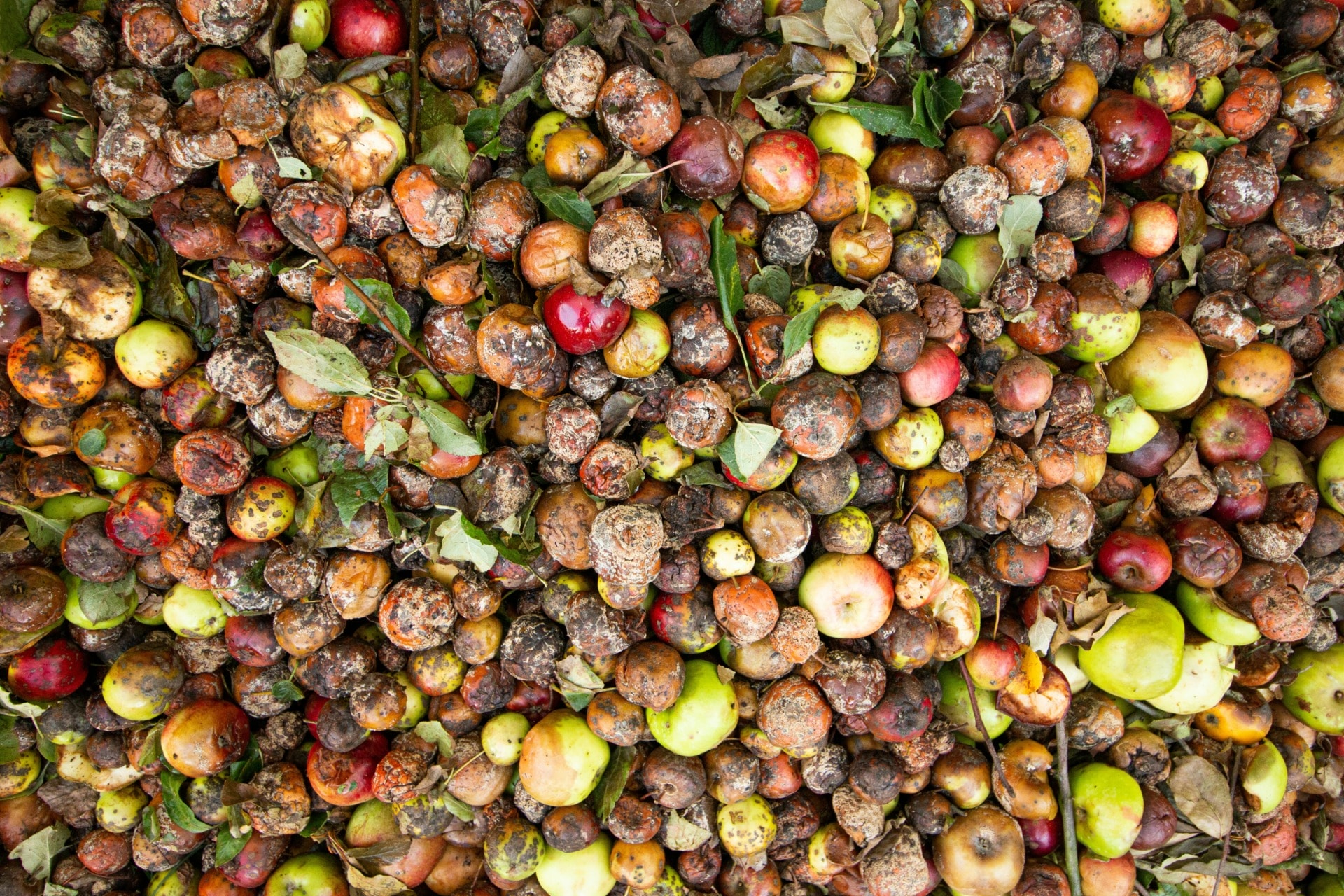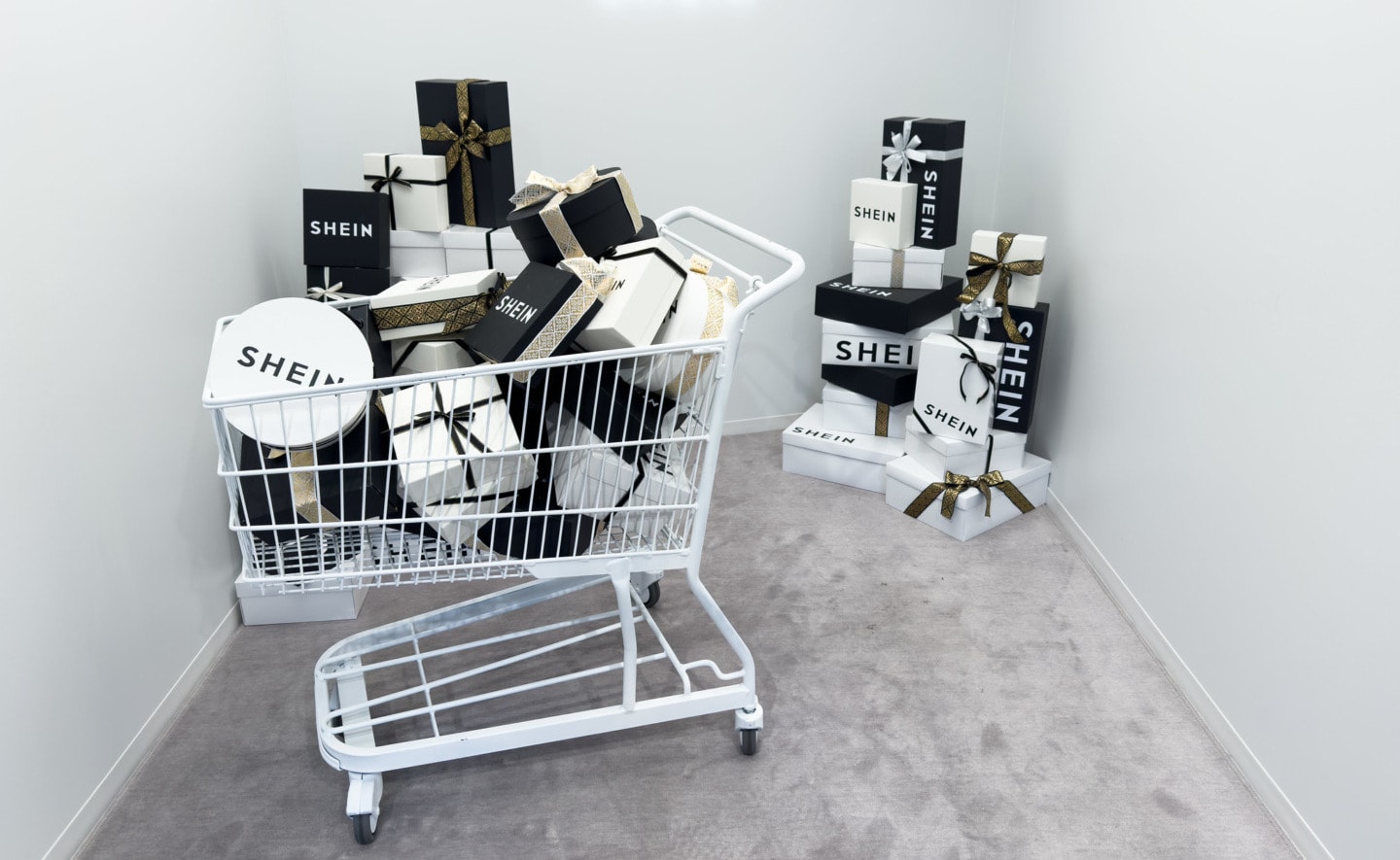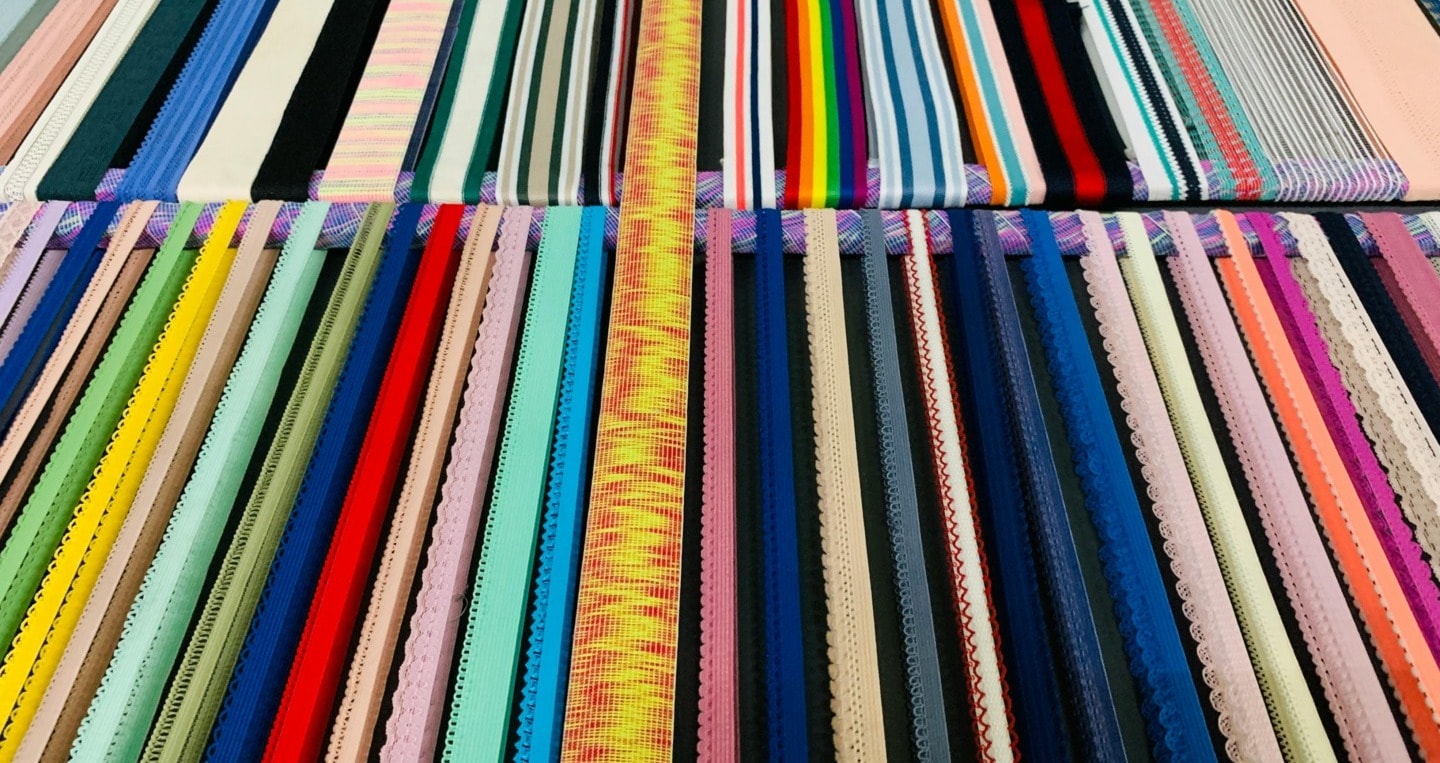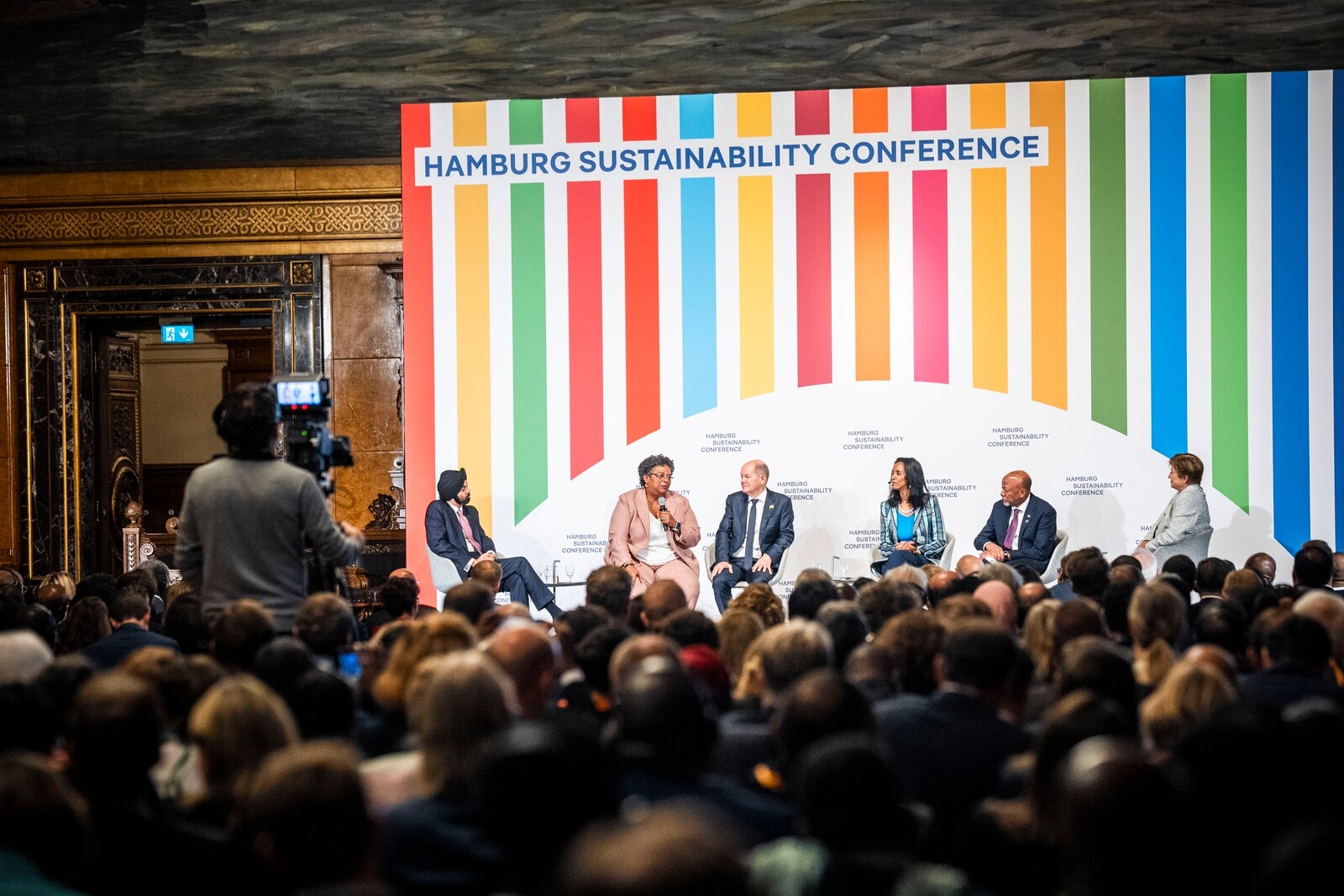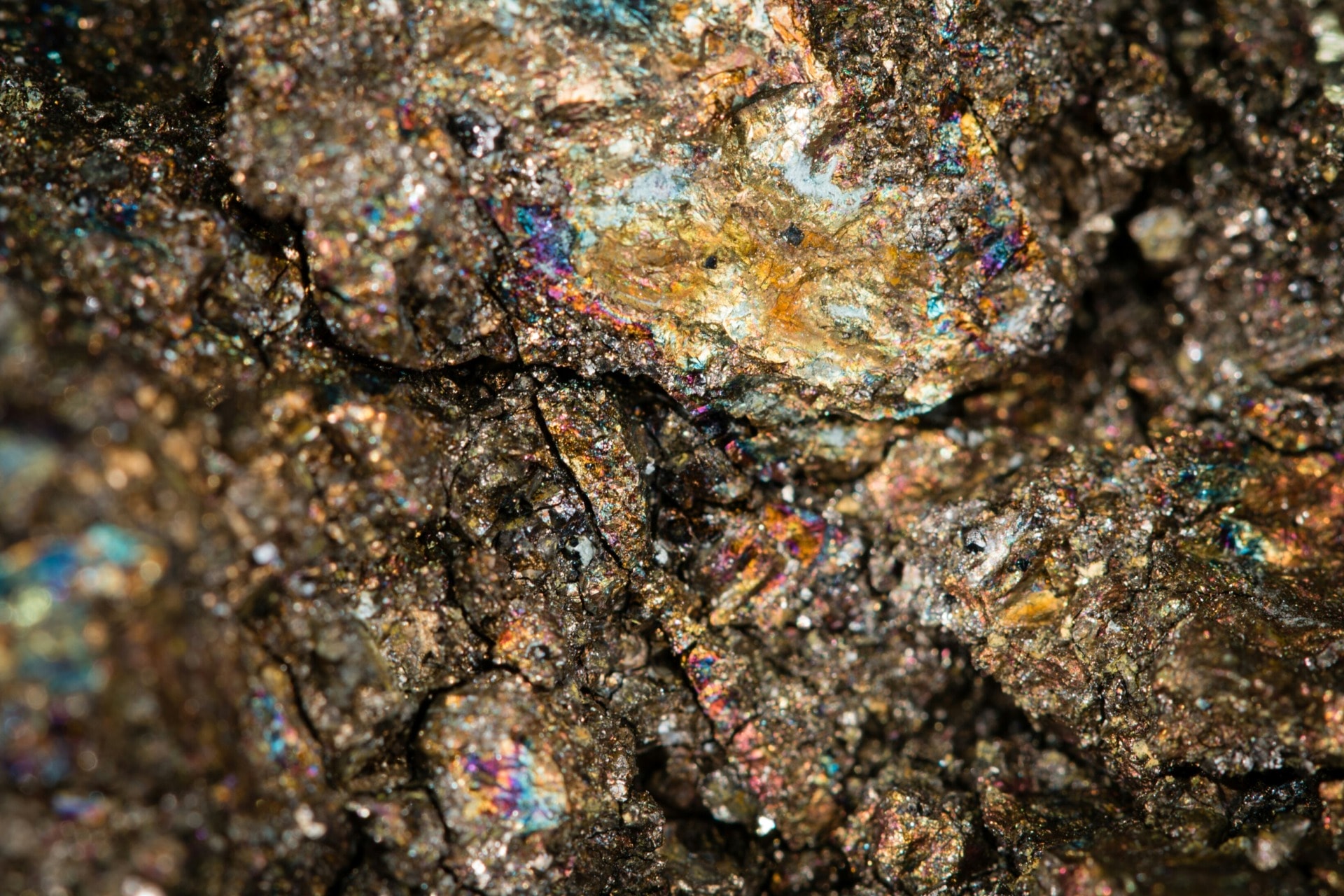Over the past few years, many companies selling sustainably made clothing have sprung up all across the world, inspired by many different traditions and histories. While each of them promise apparel made ethically, not all of them go one step further and try to change people’s entire opinions and beliefs about sustainability in the textile industry.
MATTER is one of those companies taking that next step. Founded with the threefold mission “to foster designer-artisan collaborations, inspire customers to value provenance and process, and pioneer industry change and sustainability for rural textile communities,” the apparel maker works to raise awareness through community about the long-term benefits of sustainable craftsmanship over today’s current business models, through things like its online journal and community hashtag. It also delivers when it comes to its products as well, drawing inspiration from rural artisans and utilizing truly local crafting techniques. I reached out to co-founder Renyung Ho to discuss MATTER’s practices, its artisan network, and its community-building practices.
Q: What originally inspired you to get into the textile space?
Renyung Ho: Whenever and wherever I’ve travelled, I’ve always loved going to textile markets and seeing the local fabrics. There’s so much culture and history in that. My academic background is in sociology and I did my thesis on social entrepreneurship, so I’ve always been interested in cultural stories in that sense.

In the photo: MATTER dhoti pants Photo credit: MATTER
Q: One of the aspects of MATTER’s mission is to “pioneer industry change and sustainability for rural textile communities”, how has MATTER gone about doing that?
RH: There have been a couple of ways, especially these three:
Minimal waste design: Using a method that reduces textile waste in the design to pattern cutting process, our production partners collect the leftover fabrics from every order. The idea, beyond minimizing waste, is to give new life to typically rejected fabrics and use them as a basis of collaboration with likeminded brands and designers who want to spread the importance of reducing waste.
Hybrid production: Committed to a hybrid production process, we work to bridge the gap between traditional, rural artisanship and modern, urban markets and design principles. We incorporate elements of digital and mechanical processes where it is more efficient, and handmade processes when we see that they have immeasurable human value.
Season-less styles: Grounded in a philosophy of seasonless styles and seasonal fabrics, every piece is created with the intention to carry you through the years to come. We’ve designed our pants with adjustable closures for waist or hip wearing – no zips; only buttons, wraps and fabric belts. Meaning, they were made to adjust to your body as it changes and grows.
We believe that for rural craftsmanship to thrive, we need to build a network that creates access to the market, providing products that, through good design, stand on their own two feet. Our bigger dream is to mainstream textile artisanship, connecting artisans and designers to become a collective that showcases the results of those collaborations.

In the photo: A model sporting MATTER products Photo credit: MATTER
Q: MATTER relies on native and traditional artisans, how do you find and connect with the people who produce MATTER’s products?
RH: Before MATTER, my fiancé and I embarked on an adventure fundraising road trip down the western coast of India. We drove 3000km over 2 weeks on a three-wheeler auto-rickshaw, and raised funds for 4 charities in India dealing with basic needs (water, education, play, nature). In that time, I met many people with whom I continue to work with today, and that was the catalyst that made me realize that if there was any time to start something, it was now.
Related articles: “KASI MARTIN: SELF-EDUCATED FASHION ACTIVIST” by Leo Cammish
Q: In addition to making textiles, MATTER also hosts a journal that discusses craftsmanship, sustainability, and other topics. How and why was that started?
RH: We strive for the same sense of resonance and connection. Beyond our presence as a textile-focused brand, we want to cultivate a sense of community with our #MATTERtribe. The journal is a platform for us to ground ourselves on the values we began with: stories, craft, and collaboration.

In the photo: MATTER trousers Photo credit: MATTER
Q: What does the future of MATTER look like in your eyes?
RH: The future of MATTER is to be in many more fabric-intensive geographies in Asia like Thailand, Vietnam, Cambodia, China, and Japan. I would love to see that diversity come through in our products. There will be a definite global presence in our retail platform.
EDITORS NOTE: The opinions expressed here by Impakter.com columnists are their own, not those of Impakter.com




